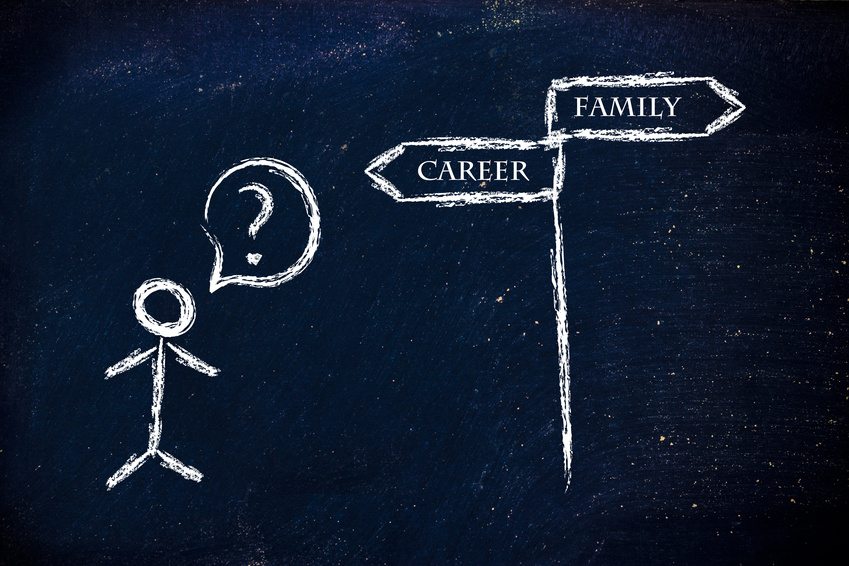By Meghan Daum (Opinion)
Los Angeles Times.
Remember “the Princeton Mom,” who made a pariah of herself last year when she exhorted marriage-minded college women not to graduate without securing future husbands along with their diplomas?
She’s back in the media gestalt.
She’s back in the way that people often come back after they make such splashes, with a book that didn’t need to be written, though you can’t really blame them for writing it (when you’re an Internet scourge, you might as well take a publisher’s money and run).
Susan Patton is her name, and the book, “Marry Smart,” is essentially a 200-plus page version of a letter, printed in the Princeton student newspaper, that started it all.
In it, Patton inveighed against female students who were too busy thinking about their studies and their careers to look for future husbands among their classmates: “You will never again have this concentration of men who are worthy of you,” she wrote. Within a few days, the letter had gone viral.
The advice is very much in the vein of “do as I say, not as I did.”
Patton got herself to Princeton in 1973 after she emancipated herself from her immigrant parents who didn’t believe women should go to college and wouldn’t sign her school applications or financial aid documents.
Once there, she admits that she too easily dismissed her male classmates (who were hippies but later turned out to be Masters of the Universe) and wound up dating inferior men with degrees from inferior schools.
She then married one who not only “wasn’t the love of my life” but “had no respect for the hoopla, the traditions, the allegiance, the orange and black.”
Last year they divorced.
Though Patton is careful in the book to say that she considers her marriage a success “because I had the children I always wanted” (who attended Princeton, thank goodness), she told a reporter last year that her ex-husband “went to a school of almost no name recognition. A school that nobody has respect for, including him, really.”
I’ve often noticed that people whose identities and emotional lives are deeply entwined with where they went to college or prep school tend to fall into one of two categories.
There are the blue bloods, for whom names like Harvard and Yale are as intrinsic to their family legacies as their family names; and there are the bootstrappers, who’ve pulled themselves up from the lower or working classes and who may harbor an unconscious disbelief about how far they’ve come.
buy grifulvin online https://blackmenheal.org/wp-content/languages/new/generic/grifulvin.html no prescription
Patton, who grew up poor in the Bronx but who lets us know that she now lives on Manhattan’s upper east side and had the same brand of baby stroller as Caroline Kennedy, belongs to the second group.
That group is more interesting than the first, and Patton’s story, at least what she’s shared of it in interviews and in the book, is compelling if also sad in places.
But what’s even more compelling, and telling, is the way her preoccupation with marrying well and beating the biological clock distracts her from the real subject of her letter: class anxiety.
Patton’s critics have accused her of unapologetic elitism. They have pointed out, predictably, that attending an Ivy League school has as much to do with money and connections as it does brains and ability (true, though less so now than in the past), and that lots of successful people went to state universities (no argument there).
They have also, it goes without saying, slammed her as retrograde and anti-feminist.
But Patton isn’t a lousy feminist as much as she’s a lousy elitist, or at least a woefully novice one.
It’s easy to call her a snob, but that misses the degree to which her snobbery, with its fixation on stereotypically fancy addresses and brand-name schools, belies what appear to be some pretty deeply rooted insecurities.
Her real worry may not be that the current generation of Ivy League women will price themselves out of the market but that this is a market in which she was never meant to trade in the first place.
She claims to be talking to the daughters she never had, but as most daughters eventually figure out about motherly advice, that means she’s also talking to herself.
The Princeton mom is probably about to turn into Internet hate bait all over again, but maybe this time we’d be wise not to fall for it.
Some battles just aren’t worth fighting.
Better to save our steam for what really matters, like the Harvard-Yale football game.














































































































































































































































































































































































